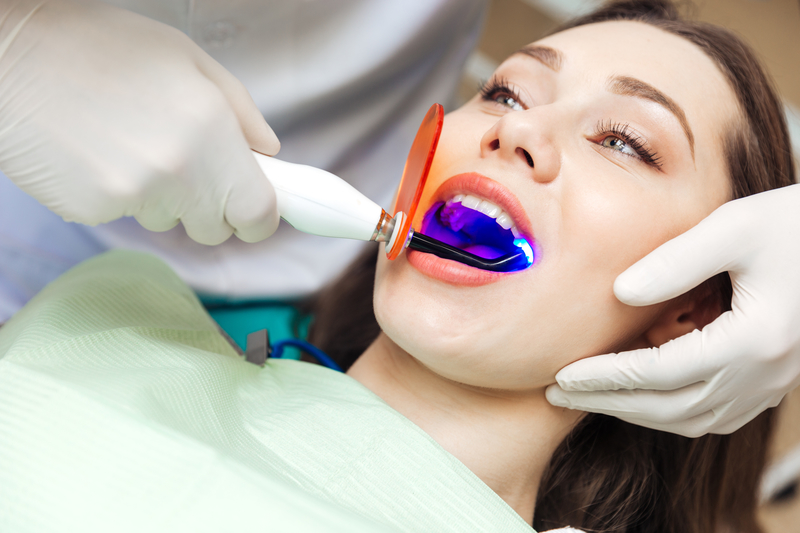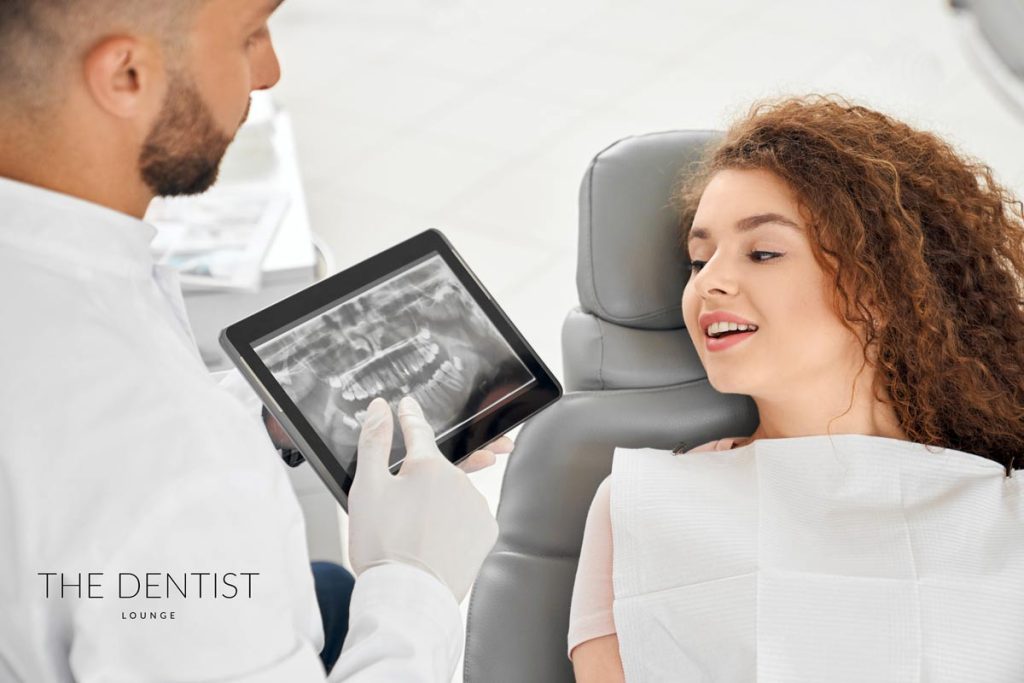Understanding Breast Cancer Prevention
Breast cancer is a significant health concern for many women, but there are proactive steps and strategies that can be taken to reduce the risk of developing this disease. By understanding breast cancer prevention strategies, individuals can take control of their health and well-being.
Regular Breast Self-Exams
One of the most proactive steps in breast cancer prevention is performing regular breast self-exams. By familiarizing yourself with the normal look and feel of your breasts, you can quickly identify any changes or abnormalities that may warrant further investigation. Self-exams should be done monthly, ideally a few days after your menstrual period ends.
Annual Clinical Breast Exams
In addition to self-exams, women should schedule annual clinical breast exams with their healthcare providers. These exams involve a thorough physical examination of the breasts and surrounding areas to detect any lumps, changes in texture, or other signs that may indicate a problem. Regular clinical exams are essential for early detection and prevention.
Mammograms for Early Detection
Mammograms are an essential tool for detecting breast cancer early, even before symptoms are noticeable. Women aged 40 and older should have annual mammograms, while those with a higher risk may need them earlier or more frequently. Mammograms can detect abnormalities that may not be felt during a physical exam, allowing for early intervention and treatment.
Maintaining a Healthy Weight
Maintaining a healthy weight is another proactive step in breast cancer prevention. Excess body weight, especially after menopause, is linked to an increased risk of breast cancer. By following a balanced diet, staying physically active, and managing weight effectively, women can reduce their risk of developing breast cancer and improve overall health.
Regular Physical Activity
Regular physical activity not only helps with weight management but also plays a direct role in breast cancer prevention. Aim for at least 150 minutes of moderate-intensity exercise per week, such as brisk walking, cycling, or swimming. Exercise can lower estrogen levels, boost the immune system, and reduce inflammation, all of which contribute to lower cancer risk.
Limiting Alcohol Consumption
Limiting alcohol consumption is another important strategy for breast cancer prevention. Alcohol intake is associated with an increased risk of developing breast cancer, especially in postmenopausal women. To reduce risk, limit alcohol consumption to no more than one drink per day, if you choose to drink at all.
Healthy Diet Choices
A healthy diet rich in fruits, vegetables, whole grains, and lean proteins is beneficial for overall health and can also help reduce breast cancer risk. Incorporate colorful fruits and vegetables, fiber-rich foods, and healthy fats into your meals. Limit processed foods, red meats, and sugary beverages to promote optimal health and well-being.
Avoiding Tobacco Exposure
Avoiding tobacco exposure is crucial for overall health and can also contribute to breast cancer prevention. Smoking and secondhand smoke exposure have been linked to an increased risk of breast cancer, particularly in premenopausal women. If you smoke, seek support to quit, and avoid exposure to secondhand smoke whenever possible.
Breastfeeding Benefits
For new mothers, breastfeeding offers numerous health benefits for both mother and baby, including breast cancer prevention. Breastfeeding reduces lifetime exposure to estrogen, which can lower the risk of developing breast cancer. Whenever possible, consider breastfeeding your baby to reap these long-term health benefits.
Genetic Testing and Counseling
For women with a family history of breast cancer or known genetic mutations (such as BRCA1 or BRCA2), genetic testing and counseling can be invaluable. These services can help assess individual risk factors, provide personalized recommendations, and guide decision-making regarding screening, prevention, and treatment options.
Regular Health Screenings
In addition to breast health screenings, it’s essential to stay up-to-date with regular health screenings and check-ups. This includes screenings for other types of cancer, such as cervical and colorectal cancer, as well as monitoring overall health metrics like blood pressure, cholesterol levels, and diabetes risk.
Lifestyle Choices Matter
Overall, lifestyle choices play a significant role in breast cancer prevention. By adopting proactive steps such as regular breast self-exams, clinical screenings, maintaining a healthy weight, staying physically active, limiting alcohol consumption, following a healthy diet, avoiding tobacco exposure, breastfeeding when possible, considering genetic testing, and staying on top of regular health screenings, women can empower themselves to reduce their risk of breast cancer and promote long-term health and well-being. Read more about breast cancer prevention tips




